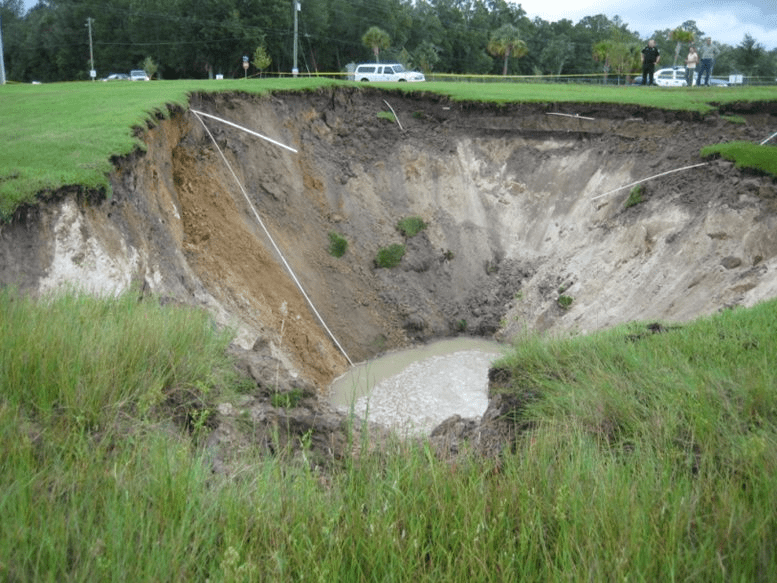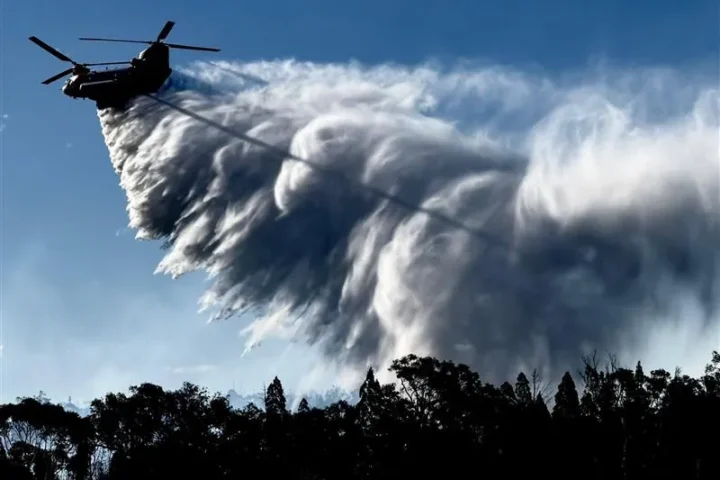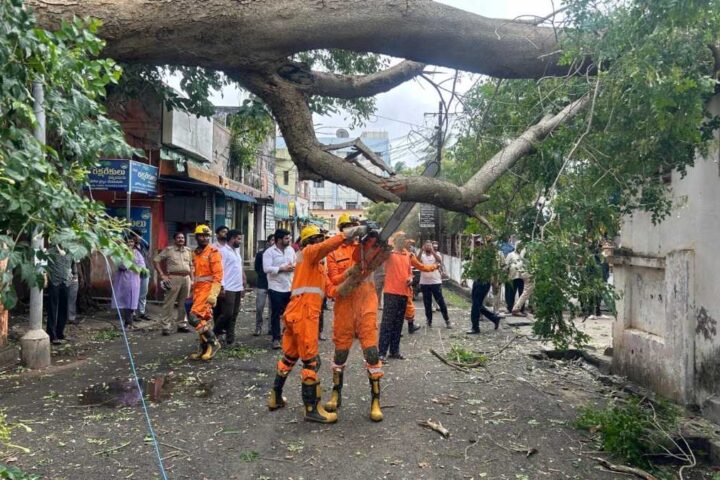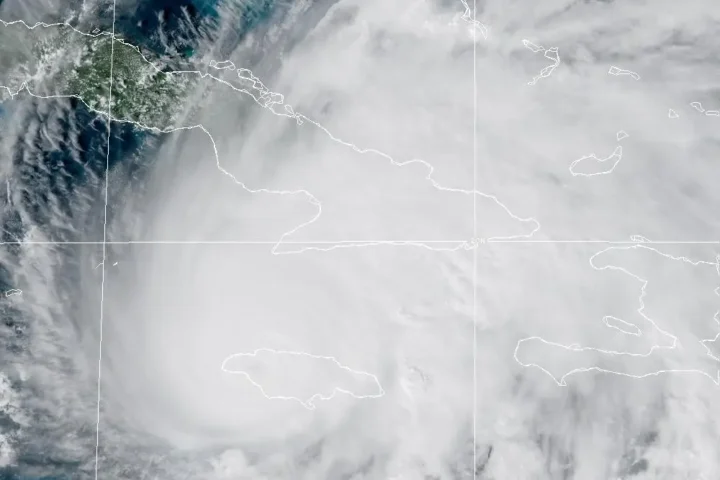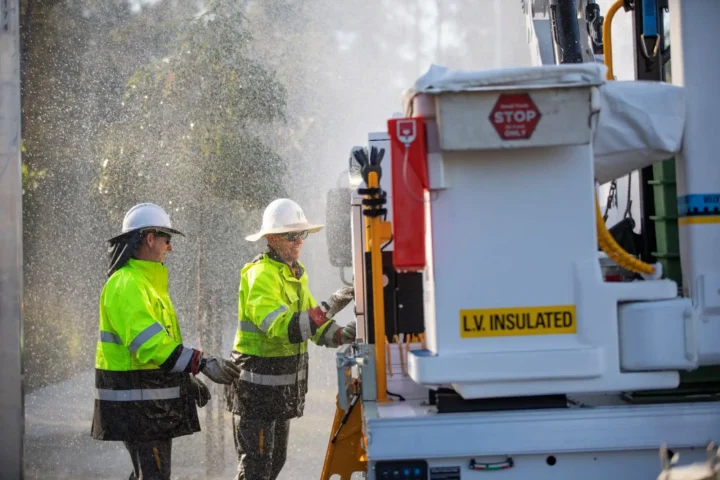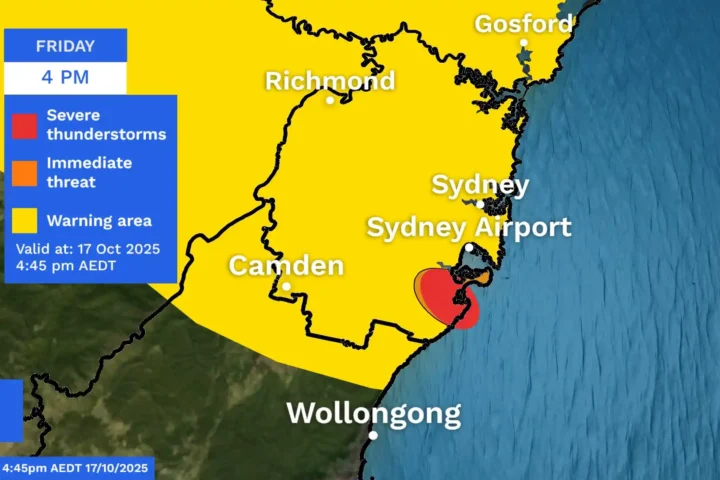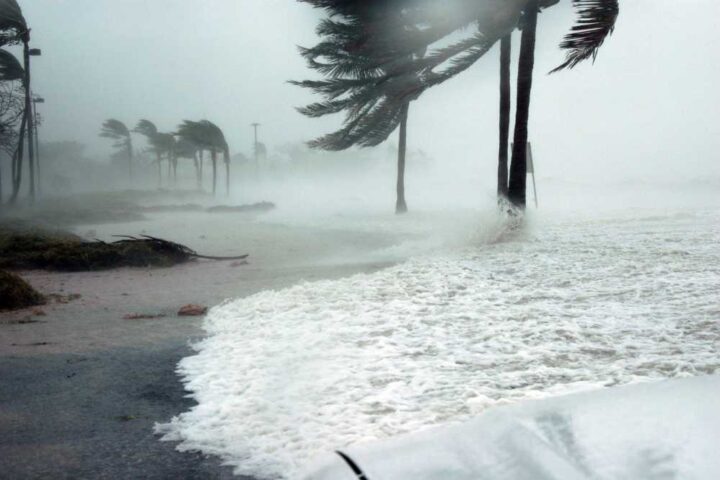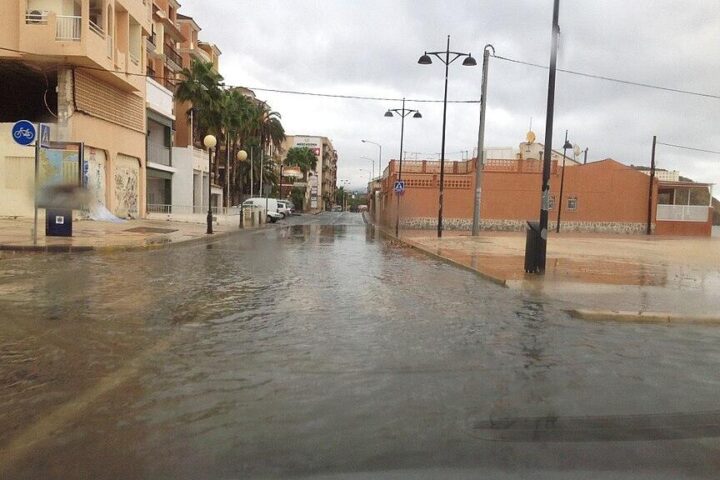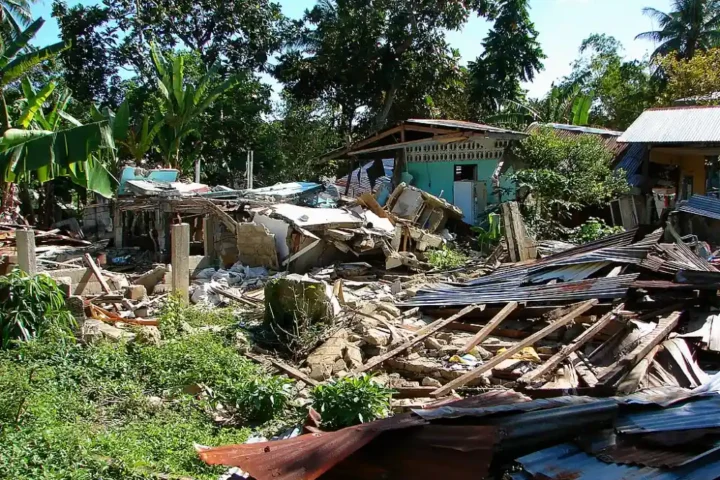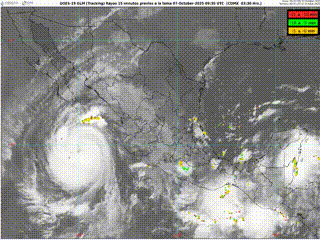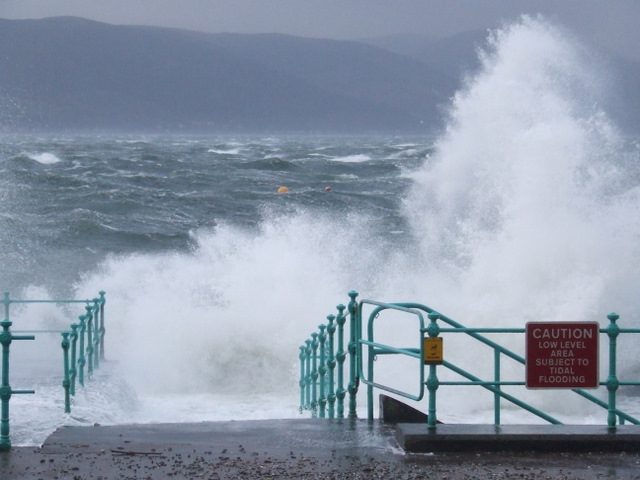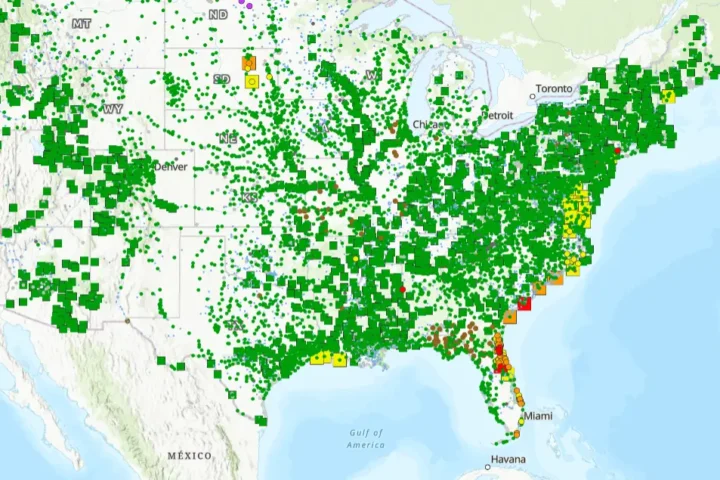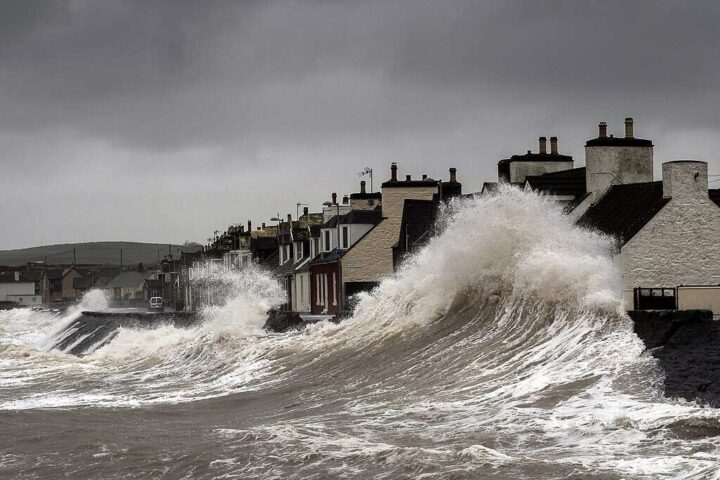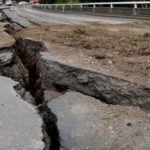Sinkholes are a terrifying geological phenomenon disrupting Turkey’s Konya Plain. Citizens remain in anxiety and fear of the ground beneath their feet. Vertical walls are measuring up to 30 meters across and 40 meters deep, sinkholes can devour the earth on this otherwise fertile plateau.
Recent droughts have lead to drop in subterranean water levels and the collapse of the rock structures may have increased the chances of sinkholes. Humans have also played a role in the sinkhole epidemic.
Intense irrigated farming and cattle farming have pushed the consumption of more water than is naturally available.
Traditional sheep breeding has been replaced by arable land and water intensive maize crops, causing many wells to be illegally dug on the Konya Plain. Almost 70% of wells dug in the region are illegal and have added to the sinkhole problem.
- How Intelligent Software Platforms Drive Efficiency and Risk Mitigation in Last Mile Deliveries
- Avoiding The Debt Spiral
- Rice University PFAS removal material captures 1,000× better, works 100× faster than carbon filters — and regenerates itself
- Phenomenon Studio 2026: Custom Web Development Services That Transform Healthcare Website Design
- Thane leopard sightings surge—but experts say it’s CCTV boom, not big cat population explosion
Proposed solutions now include sourcing water from neighboring river basins or closing illegal wells permanently and adopting crops that consume less water. However, drought has struck the whole Anatolia region, causing to criticism of some proposed solutions. As the sinkhole epidemic continues on, and the fate of Turkey’s agricultural heartland hangs in the balance.
